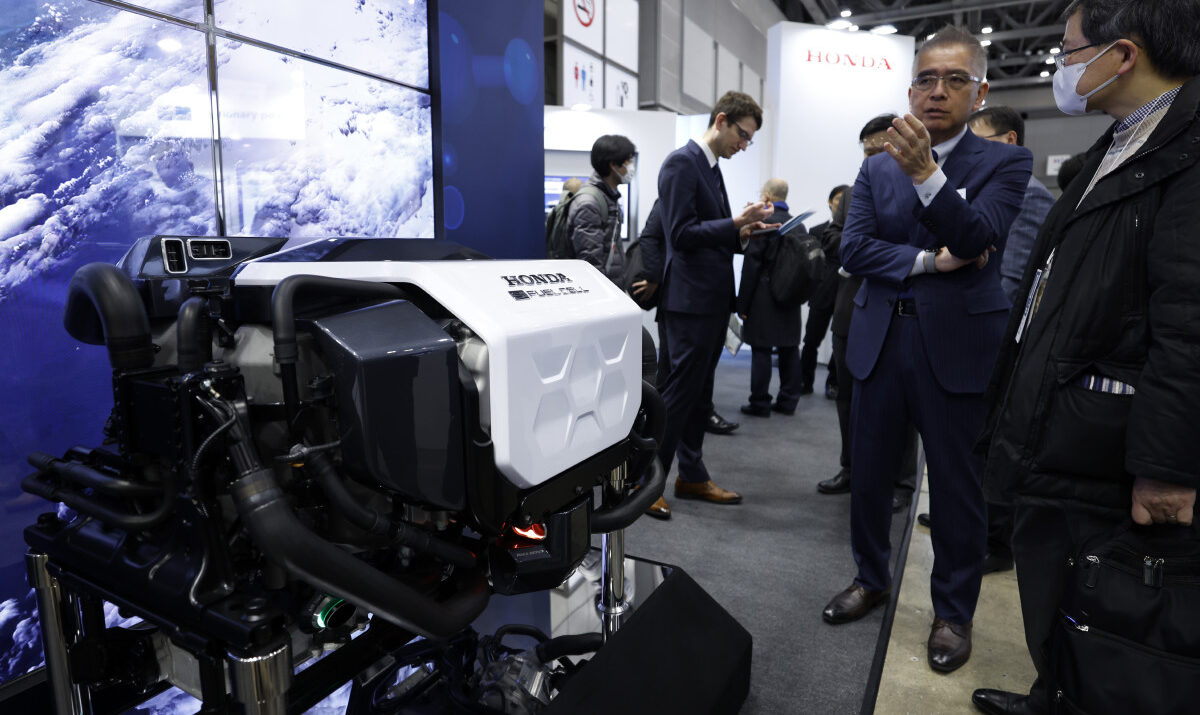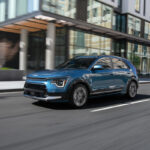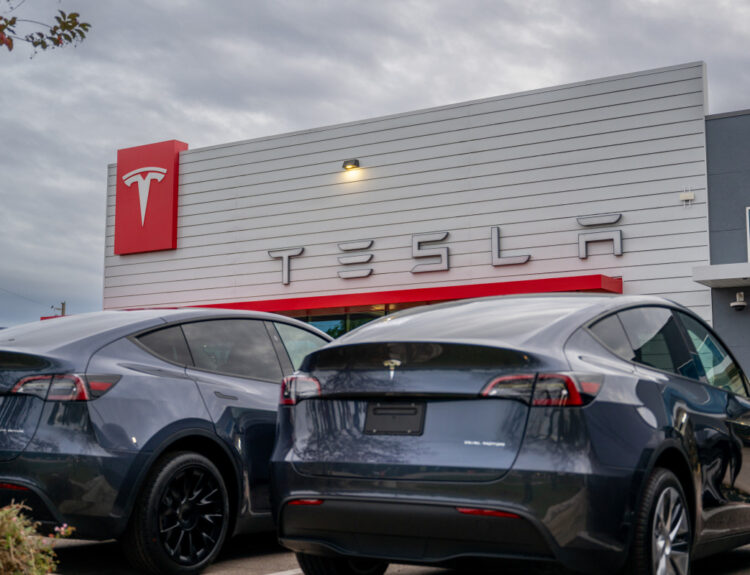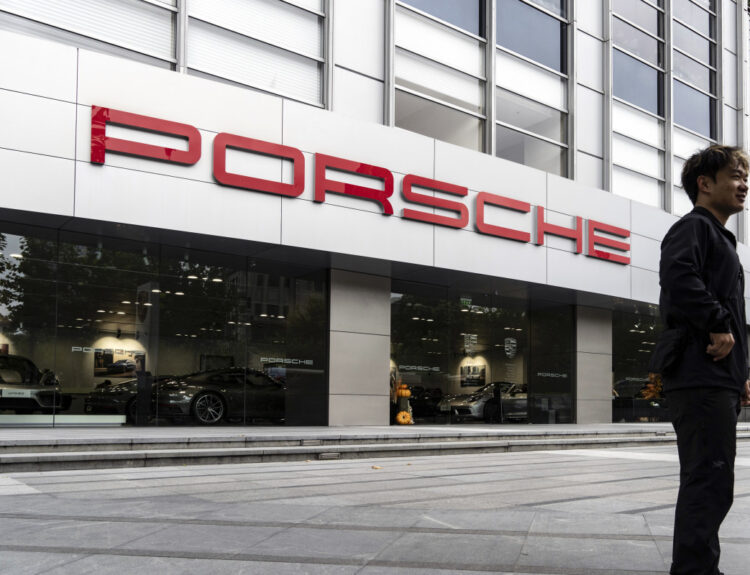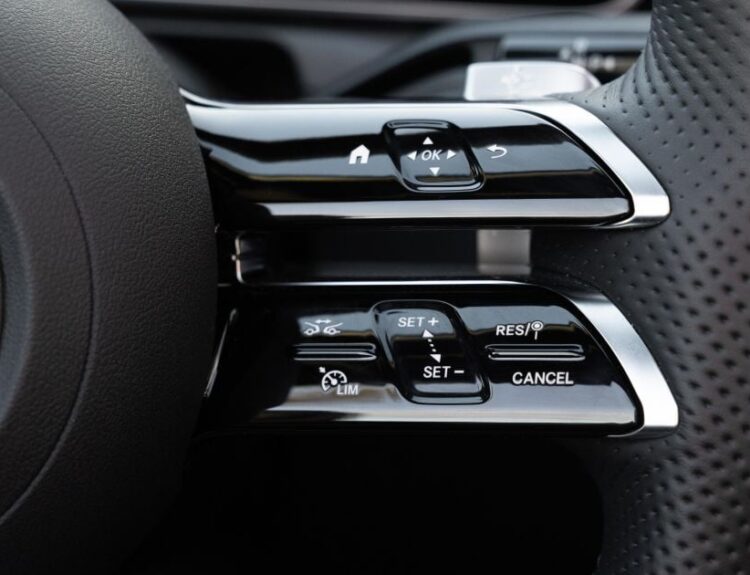Honda recently unveiled its ambitious plans to create a specialized manufacturing plant dedicated to its next-generation hydrogen fuel cell systems, set to commence operations by March 2028. This new facility will be situated in Moka, Japan, revitalizing a section of the automaker’s former Powertrain Unit Factory. With a targeted production capacity of 30,000 units annually, this initiative marks a significant step in Honda’s commitment to a hydrogen-centric automotive future.
### Embracing Hydrogen Technology
According to Honda’s official announcement, the new plant will be equipped with state-of-the-art manufacturing technology aimed at boosting efficiency while ensuring the highest quality standards. The development of these innovative fuel cell systems will be handled internally, signaling Honda’s dedication to achieving technological autonomy.
As part of this strategic shift, Honda’s facility stands out as the first of its kind for the company and is poised to benefit from government incentives tied to Japan’s Green Transformation (GX) initiative, which aims to reach carbon neutrality by 2050.
The new facility will cater to four critical sectors identified by Honda for fuel cell technology deployment: passenger fuel cell electric vehicles (FCEVs), commercial transportation, stationary power solutions, and construction machinery. By 2030, Honda aims to secure 5% of the hydrogen-powered truck market share, with the ambition to escalate that figure to 30% by 2040.
### Beyond Personal Vehicles
Honda’s advancements in hydrogen technology do not stop at personal transportation. Earlier this year, the automaker embarked on producing hydrogen fuel cells in collaboration with General Motors at a facility in Brownstown, Michigan. This joint venture is geared towards producing fuel cells applicable not only in personal vehicles but also in heavy-duty trucks, agricultural equipment, and power generation solutions. A hydrogen-powered version of the Honda CR-V, born from this partnership, made its market debut in California earlier this year. The companies have announced that their collaboration has resulted in a one-third reduction in the cost of fuel cell systems compared to the 2019 Honda Clarity Fuel Cell.
As the automotive landscape increasingly shifts towards all-electric models, Honda remains resolute in its belief that hydrogen has a crucial role to play as a clean energy alternative, particularly in sectors that demand extended range and rapid refueling capabilities.
### Future Outlook
Honda’s strategy aligns with the growing industry perspective that hydrogen fuel cells are ideally suited for long-range trucking and industrial applications due to their advantages over all-electric vehicles, such as longer ranges and quicker refueling times. While expanding a network of hydrogen refueling stations poses significant challenges for passenger vehicles, a thoughtfully designed infrastructure could revolutionize the heavy-duty transport sector, much like diesel engines once did.
As Honda intensifies its focus on expanding its fuel cell production capacity, it is evident that the company envisions a viable future for hydrogen in the quest for zero carbon emissions. Currently, its emphasis appears concentrated on commercial applications, but there remains the potential for these innovations to eventually reach consumer markets.
Source:www.autoblog.com

